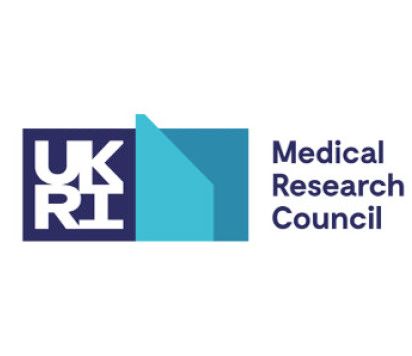
A UK DRI Workshop
25-26 September 2024
The Stadium Room, Scale Space, White City, 58 Wood Lane, London W12 7RZ
The UK DRI Centre at Imperial College London is excited to host this extended, interactive workshop, bringing together leaders in the novel field of temporal interference (TI) brain stimulation. Boasting an impressive line-up of expert speakers, the programme will comprise four sessions addressing distinct themes, a drinks reception, and a networking dinner on the evening of 25 September.
This will be an exclusive meeting for select academic and industrial groups who have been at the forefront of development and/or deployment of TI brain stimulation.
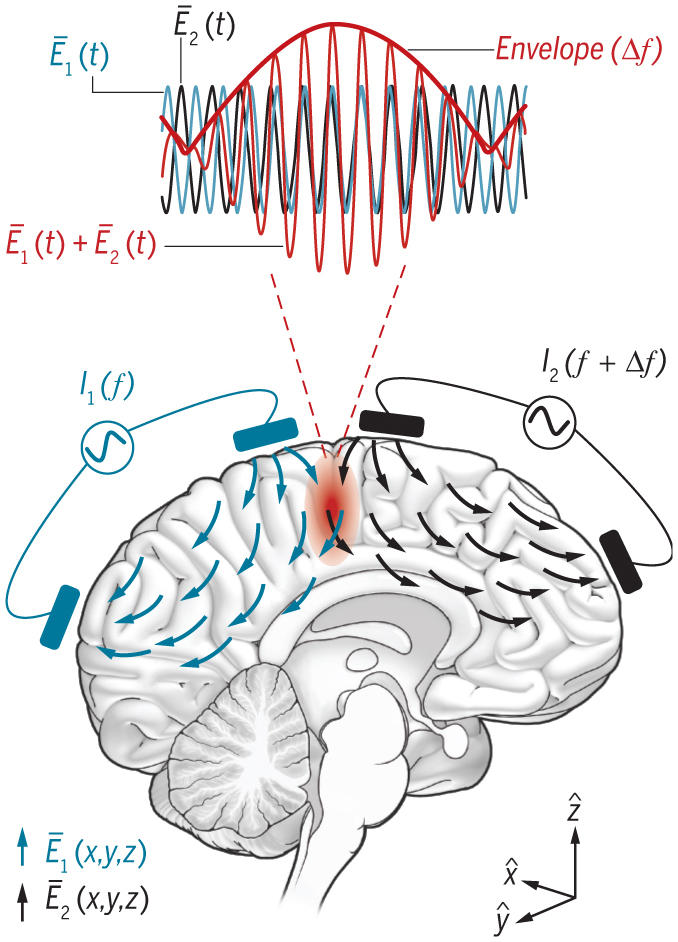 Background
Background
Since the original report on the temporal interference brain stimulation concept (Grossman et al., Cell 2017), we have seen a novel realm of research emerge, delving into its mechanisms, applications, and improvements. The field has attracted computational and experimental scientists with a broad range of expertise, including Physics, Engineering, Neuroscience, Neurology, and Psychiatry. The transformative potential of TI brain stimulation has garnered notable recognition, including a prestigious award from Science, and has galvanised companies in developing products to support this nascent field. Its promise has also captured the attention of the general public, with coverage from The New York Times, The Guardian, and The Times.
Aim
The overarching aim of this workshop is to cultivate a collaborative environment that enhances the field's impact on brain sciences and diseases. Our goal is to facilitate the exchange of knowledge, and promote synergistic research among active groups across the world, with a focus on the development of hardware and computational tools, deepening mechanistic knowledge, exploring clinical and preclinical applications, and refining improvement strategies. We hope to highlight accomplishments and to identify opportunities, while also addressing challenges and limitations to help guide better practices and the development of improvement strategies.
Programme
Wednesday 25 September
08:00-9:00 Registration + Light Breakfast
09:30-12:40 Session 1: Concept, Mechanism, and Governing Parameters
12:40-14:00 Lunch Break
14:00-17:25 Session 2: Implementation and Deployment
18:30-22:30 Dinner and Social
Thursday 26 September
08:00-9:00 Light Breakfast
09:00-12:15 Session 3: Translation and Applications 1
12:15-13:30 Lunch Break
13:30-17:00 Session 4: Translation and Applications 2
17:00-18:30 Closing remarks & Refreshments
08:00 Registration + Light Breakfast
09:00 Opening remarks, Nir Grossman
Session 1: Concept, Mechanism, and Governing Parameters
Mechanisms and governing parameters
- 09:10-09:25 Marom Bikson (City College of New York, USA). Title: The biophysical foundations (computation, in-vitro electrophysiology).
- 09:25-09:40 Scott Lempka (University of Michigan, USA). Title: Theoretical role of ion channel rectification (computation).
- 09:40-09:55 Inés Santos (Miguel Merchán, Universidad de Salamanca, Spain). Title: Whole-brain mapping of cellular response (rodents, immunohistochemistry).
- 09:55-10:10 Matthew Krause (Christopher Pack, McGill University, Canada). Title: Modulation of spiking activity in-vivo (nonhuman primates, electrophysiology).
10.10-10.20 Coffee Break
- 10:20-10:35 Huifang Wang (Viktor Jirsa, Aix-Marseille Université, France). Title: Virtual brain twins for TI stimulation (computation).
- 10:35-10:50 Eric Glowacki (CEITEC Brno University of Technology, Czech Republic). Title: Peripheral nerve stimulation - motor response (locust, electrophysiology)
- 10:50-11.05 Nir Grossman (Imperial College London, UK). Title: Insights into the neural depolarisation mechanism (rodents, electrophysiology, calcium imaging, computation)
11.05-11.15 Coffee Break
Concept development
- 11:15-11.25 Adam Williamson (St. Anne's University Hospital, Czech Republic). Title: Multipolar TI stimulation & Pulse TI stimulation via phase-shift keying (PSK)
- 11:25-11:35 Sudip Nag, Joshua Olorocisimo (Roman Genov, University of Toronto, Canada). Title: Fascicle-selective TI nerve stimulation
-
11.35-11.45 Benhaam Aazhang
**BUFFER EARLIER TALKS** - 11:45-11:55 Nir Grossman (Imperial College London). Title: Pulse width modulation (PWM) TI stimulation, Pulse TI stimulation via frequency-shift keying, Acoustoelectric (AE) stimulation.
11.55-12.30 Roundtable
12:30-13.45 Lunch
Session 2: Implementation and Deployment
Equipment development and testing
- 13.45-14:00 Myles Capstick (Foundation for Research on Information Technologies in Society (IT'IS), Switzerland). Title: The Principles TI stimulation electronics
- 14:00-14:15 Christoph Herrmann (University of Oldenburg, Germany). Title: Characterisation and mitigation of nonlinear artefacts in concurrent EEG and MEG recording.
- 14:15-14:30 Xiaoqi Zhu, Thomas Deegan (Nir Grossman, Imperial College London, UK). Title: Origin and mitigation of nonlinear artefacts in concurrent LFP and EEG recording.
- 14:30-14:40 Chih-Wei Peng (Taipei Medical University, Taiwan). Title: Development and testing of a custom-made TI stimulation device.
Commercial TI equipment (examples)
- 14:40-14:50 NeuroDome (China)
- 14:50-15:00 Neuroconn Ltd (Germany)
- 15:00-15:10 Soterix Medical Inc (USA)
- 15:10-15:20 TI Solutions AG (Switzerland)
15:20-15:30 Coffee Break
Simulation tools
- 15:30-15:45 Esra Neufeld (Foundation for Research on Information Technologies in Society (IT'IS), Switzerland). Title: Principles of TI stimulation field modelling.
- 15:45-15:55 Sumientra Rampersad (University of Massachusetts Boston, USA). Title: Optimising of TI stimulation locus.
- 15:55-16:05 Chang-Hwan Im (Hanyang University, South Korea). Title: Modelling multipolar, personalised, and epidural TI stimulation.
Available software (examples)
- 16:05-16:15 Sim4Life
- 16:15-16:25 SimNIBS **MOVED TO 15.45**
-
16:25-16:35 HD-Targets
16.35-16.45 Coffee break
Group Discussion
- 16:45-17.15 Individual groups
- 17.15-17.45 Summary
19:00- Dinner and Social (River Thames Cruise)
08:00-09:00 Light Breakfast
09:00-09:05 Opening remarks
Session 3: Translations and Applications 1
Animal investigations
- 09:05-09:20 Yu Liu (Shanghai University of Sport, China). Title: Augmentation of rodent’s motor performance via TI stimulation-induced plasticity.
- 09:20-09:35 Dong Pyo Jang (Hangyang University, South Korea). Title: Targeted stimulation of the striatum (rodents) and hippocampus (primates).
- 09:35-09:50 Liang Wang (University of the Chinese Academy of Sciences, China). Title: Characterisation of the TI stimulation fields in non-human primates.
- 09:50-10:05 Brian Corneil (University of Western Ontario, Canada). Title: Title: The oculomotor system of the non-human primate as a preclinical model for temporal interference brain stimulation.
10:05-10:15 Coffee Break
Human investigations
- 10:15-10:30 Ines Violante (King's College London, UK; Nir Grossman, Imperial College London). Title: Validation of non-invasive TI deep brain stimulation in humans.
- 10:30-10:45 Antonino Cassarà (Foundation for Research on Information Technologies in Society (IT'IS), Switzerland). Title: Safety considerations for TI stimulation.
- 10:45-11:05 Friedhelm Hummel (Swiss Federal Institute of Technology (EPFL), Switzerland) Title: Stimulation of the striatum to augment motor learning & Safety assessment.
Group discussion
11:05-11:40 Individual groups
11:40-12:15 Summary
12:15-13:30 Lunch
Human investigations (Cont.)
- 13:30-13:45 Michael Treadway (Emory University, USA). Title: Stimulation of the prefrontal cortex to augment cognition.
- 13:45-14:00 Xiaochu Zhang (Institute of Advanced Technology, University of Science & Technology of China). Title: Stimulation of the human’s frontostriatal network to modulate reward-guided behaviour.
- 14:00-14:15 Joshua Brown (Indiana University Bloomington, USA). Title: Characterising BOLD fMRI response to TI stimulation in humans.
- 14:15-14:30 Eddy Rhodes (Nir Grossman, Imperial College London, UK). Title: Stimulation of the human’s visual cortex assessed via behaviour and concurrent EEG.
14.30-14.40 Coffee break
Session 4: Translations and Applications 2
Therapy development
- 14.40-15.00 Adam Williamson (St. Anne's University Hospital, Czech Republic). Title: Developing TI stimulation therapy for epilepsy
- 15.00-15.10 Fran Chaloner (Imperial College London, UK). Title: Developing TI stimulation therapy for Alzheimer’s disease in a rodent model.
- 15:15-15:30 Magdalena Sastre (Imperial College London, UK). Title: Developing TI stimulation therapy for traumatic brain injury in a rodent model.
- 15:30-15:45 Irena Rektorová, Monika Pupíková (St. Anne's University Hospital, Brno, Czech Republic), Title: Developing TI stimulation therapy for cognitive impairment in MCI with Lewy bodies.
15.45-15.55 Coffee break
- 15:55-16:10 Chris Butler, Kety Alania (Nir Grossman, Imperial College London, UK), Title: Developing TI stimulation therapy for Alzheimer’s disease.
- 16:10-16:25 Martin Lamoš (St. Anne's University Hospital, Brno, Czech Republic), Title: Developing TI stimulation therapy for Parkinson’s disease.
**Maria Ploumitsakou (Friedhelm Hummel, EPFL)** - 16:25-16:40 Chencheng Zhang (Shanghai Jiao Tong University School of Medicine, China). Title: Developing TI stimulation therapy for Parkinson’s disease and depression, redefining the landscape of clinical care?
16:40-17.55 Dinner and poster presentation
17.55-18.00 Closing remarks, Nir Grossman
Thematic Sessions
We will divide the meeting into thematic sessions. Each session will include a combination of short talks and roundtable discussions.
Thematic Sessions
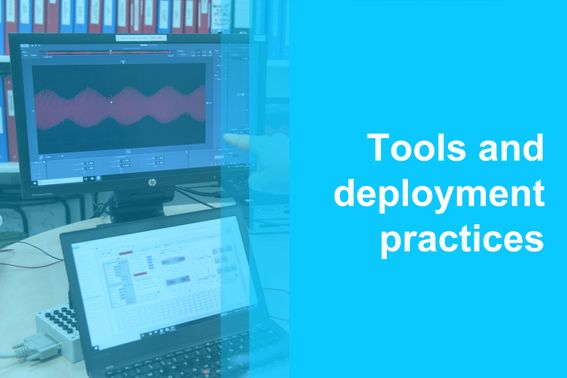
Session I
The first session will look at the tools (hardware and computational) and deployment practices.
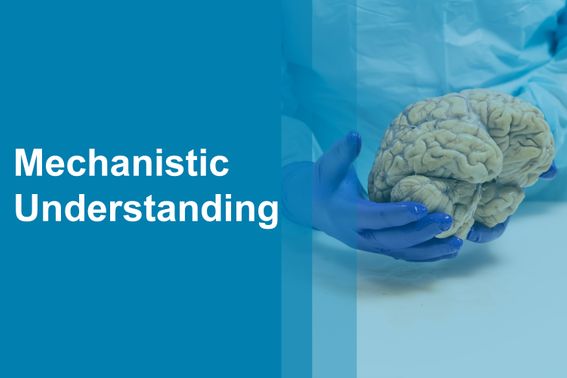
Session II
The second session aims to elucidate how we can advance our mechanistic understanding.
G
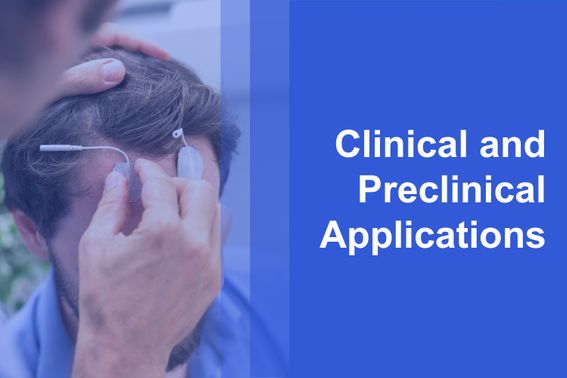
Session III
The third session will identify clinical and preclinical applications.
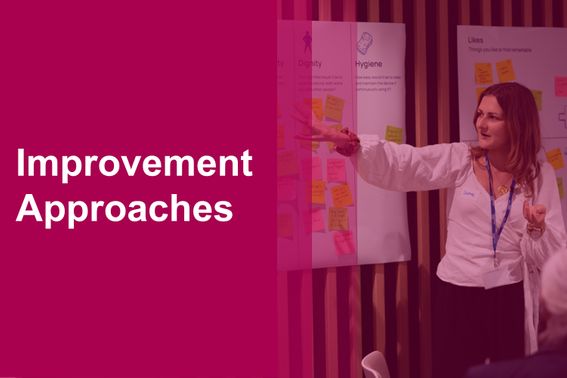
Session IV
The fourth and final session will discuss improvement approaches.
Sponsors

NeuroDome
Prime Plus Sponsor
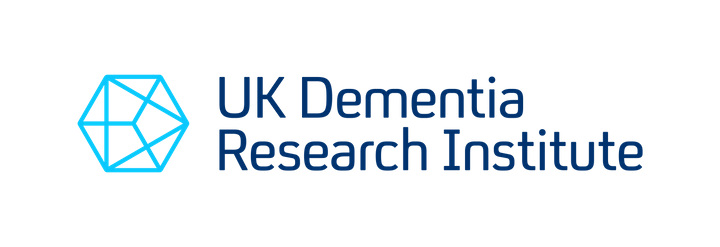
UK DRI
Prime Sponsor
Sponsors
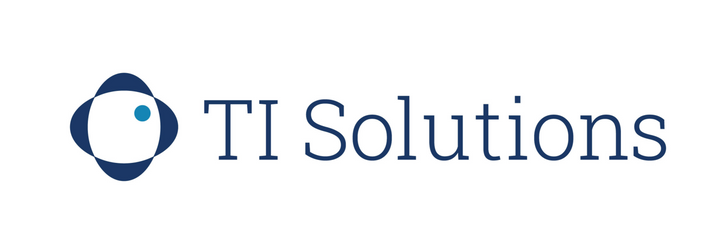
TI Solutions
Basic Sponsor
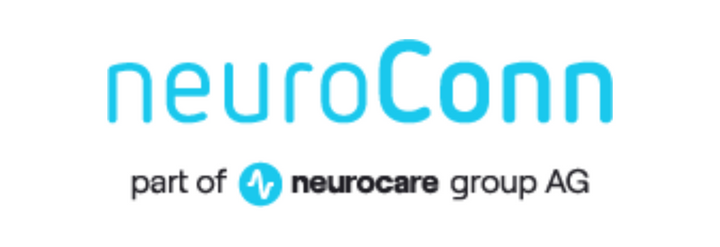
neurocare group AG – neuroConn
Basic Sponsor

Digitimer
Basic Sponsor

Soterix Medical
Basic Sponsor

Neuromod+
Basic Sponsor

CloseNIT Network
Basic Sponsor
How temperature and circadian rhythms intersect to regulate a protein shown to protect against neurodegeneration
A new study led by Dr Marco Brancaccio (UK DRI at Imperial) and Dr Marieke Hoekstra (former UK DRI at Imperial, now VIB-KU Leuven Center for Brain & Disease Research) offers a deeper insight into how a neuroprotective pathway is regulated both by temperature and the body clock. This research, published in the journal PNAS, could open up new therapeutic avenues for neurodegenerative disease. Read more on the UK DRI website
Introducing Cynthia Sandor: Pioneering earlier detection of Parkinson’s
Dr Cynthia Sandor, former Emerging Leader at the UK DRI at Cardiff, joins the UK DRI at Imperial as a Group Leader, where she will be tackling early diagnosis of Parkinson’s.
With a background in genetics, Dr Sandor uses computational methods to bring greater understanding to the underlying molecular mechanisms of Parkinson’s. Read more about Cynthia's work on the UK DRI website.

